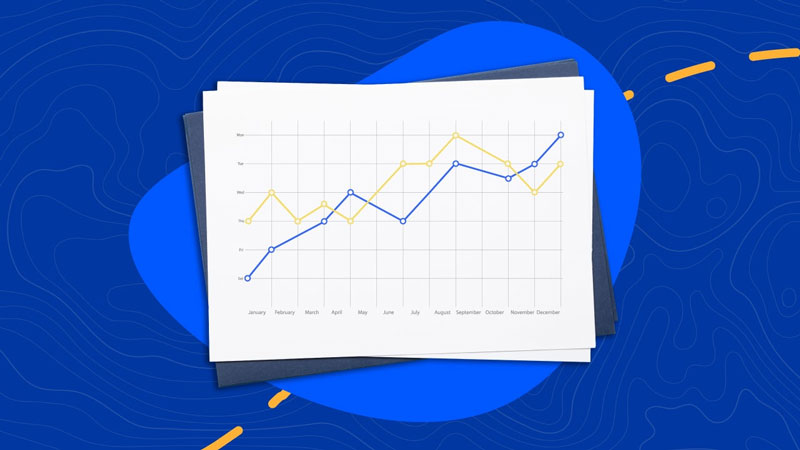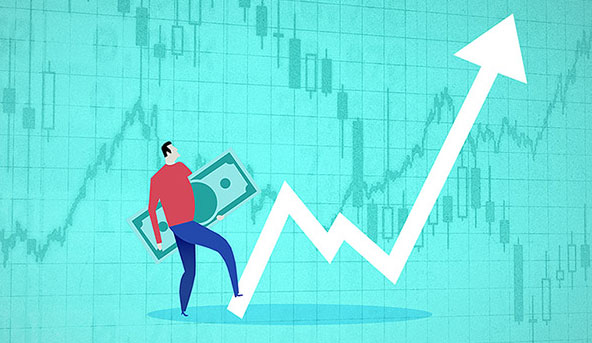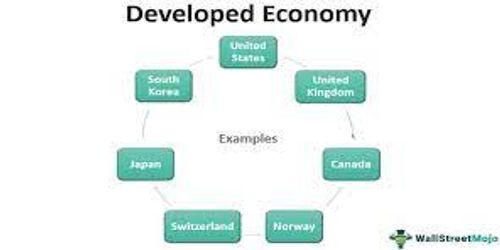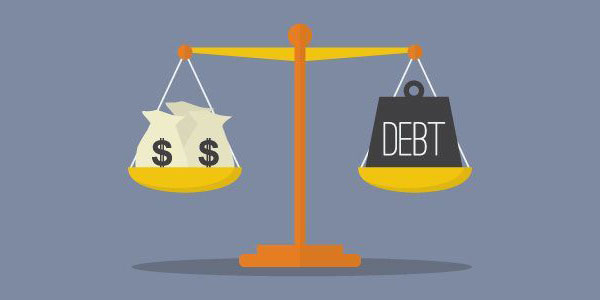What Is the Difference Between Stocks and Index Funds: A Quick Overview
Oct 11, 2023 By Susan Kelly
Introduction
A stock is a unit of ownership in a single corporation. An index fund is a collection of assets that includes stocks from a variety of firms and also bonds, and other securities. The portfolio tracks entire market categories, increasing and declining in lockstep with those segments. Do you prefer stocks or index funds for your investment assets? Some people are so committed to index fund investing that it's almost religious. They'll tell anyone who'll listen to invest in index funds. Others sleep easier at night knowing their investment consists of carefully researched and selected firms.
Have you ever wondered what is the difference between stocks and index funds? When you acquire stock in a firm, you're hoping that the underlying business will prosper, causing the stock price to climb. When you engage in an index fund, you anticipate the whole market sector that the index monitors to do well, resulting in increased value for all companies that make up the index. In a word, that's the distinction between index funds and stocks. Consult a financial planner to determine the appropriate combination of individual stocks and index funds for your portfolio.
Stocks
A stock is a business tool representing ownership of a share of a business. This gives the stockholder a share of its assets and profits per the number of stocks they own. Stocks are divided into shares. Stocks are the basis of several individual investors' portfolios, and they are usually traded on stock markets, but private trades are also common. These transactions must follow government laws intended to protect investors from deception. Most internet stockbrokers offer these assets for purchase.
The most common way to earn money from stocks is through capital gains. When a business performs well, other investors become interested. This enhances the demand for its shares, which raises its market price. If the price rises while you have the stock, you can profit by selling your stock for more than you invested. When a firm delivers a portion of its profits to its owners, Dividends are another way for stocks to provide returns. Whatever the nuances, with a stock, you earn your money based on the performance of a particular firm.

Index Fund
An index fund is a collection of assets owned and managed by a financial institution. Stocks and debt securities will typically make up the majority (if not all) of it. Individual shares in an index fund are purchased similarly to equities. You then hold a pro-rata basis if the entire portfolio is equal to the number of shares you purchased, and you are subject to the fund's results on that basis. Like any other investment, an index fund has the potential to lose money, but if you invest in one and keep it for the long term, your investment is much more likely to grow in value. You may then be able to make money from your investment.
Stocks vs Index Funds
The biggest major distinction between trading in index funds and stocks is a risk. Individual equities, particularly index funds, are more unpredictable than fund-based products. This can imply a higher probability of profit, but it also implies a far higher risk of loss. An index fund's diversified character, on the other hand, ensures that its profitability has fewer extremes. Like all fund-based assets, an index fund maintains a diverse range of assets in its investment portfolio. Rather than dealing in just one stock, you're dealing in several stocks, ETFs, and other investments.

This implies that even if one business drops in value, there will typically be another one to compensate. Of course, if one business provides significant gains, the remainder of the portfolio will dilute those gains. The fund's nature determines the variation of an index fund. A fund that operates in a single industry or market segment is less varied than one that invests across the entire market. An enterprise can fall or rise more effortlessly than the entire market can go into recession or boom.
Conclusion
Only a skilled financial planner can determine which strategy is the most effective and suitable for the circumstances. In general, index fund investing is superior to individual stock investing because it keeps prices low and eliminates the need to examine company earnings reports constantly. Almost always leads to being average, which is preferable to risking your hard-earned income on a poor investment.

What Is a Developed Economy?: An Extensive Overview

Top 8 Social Media Marketing Agencies to Elevate Your Small Business

Your Easy Guide to Planning for Out-of-Pocket Healthcare Costs

Is the Amex Gold Card Worth It? My Six-Month Review

Everything You Should Know About Medical Loans

ATM Operations Demystified: Understanding Its Functionality

What Is The Average Cost to Paint a House in 2023: An Overview

What Is The Difference Between A Checking And A Savings Account?

How to Refinance Your House - A Comprehensive Guide

